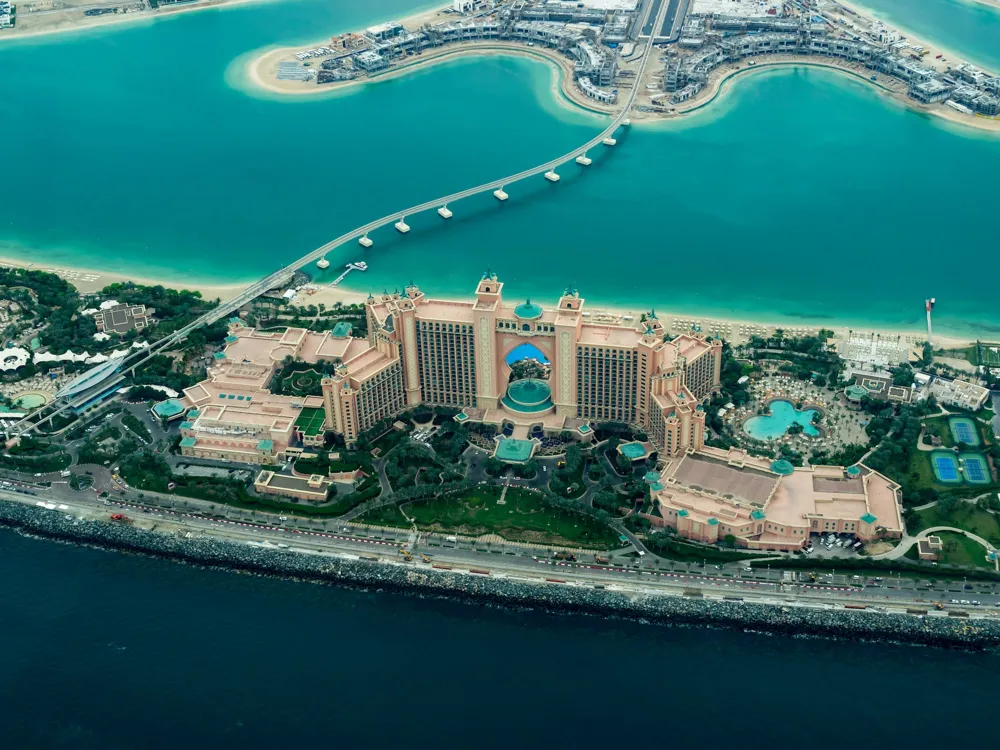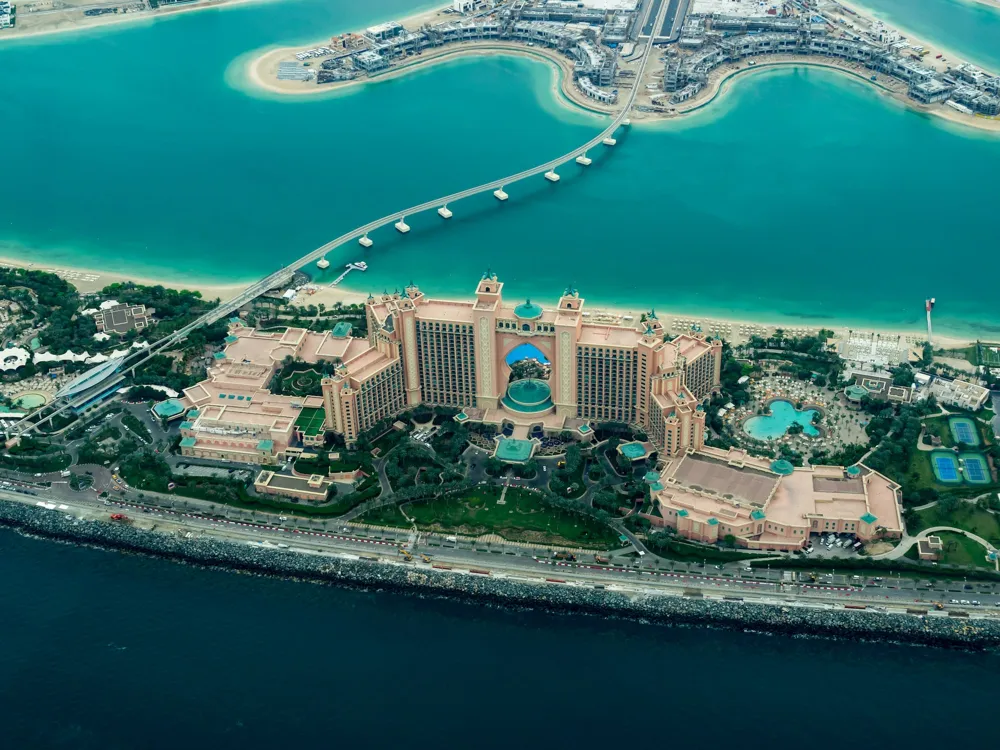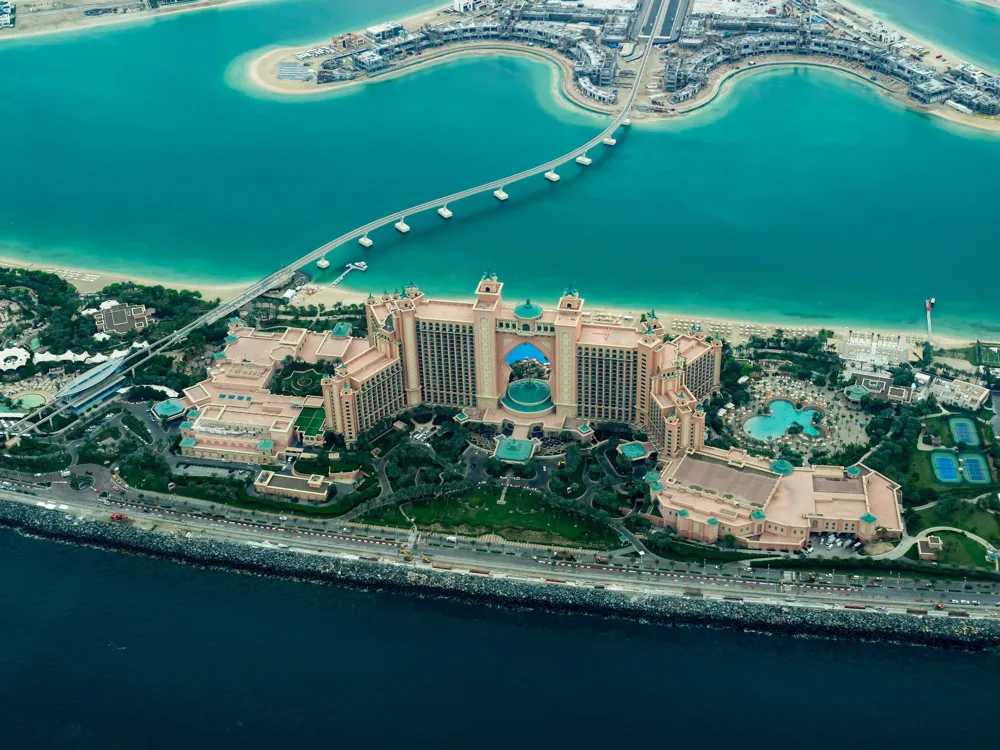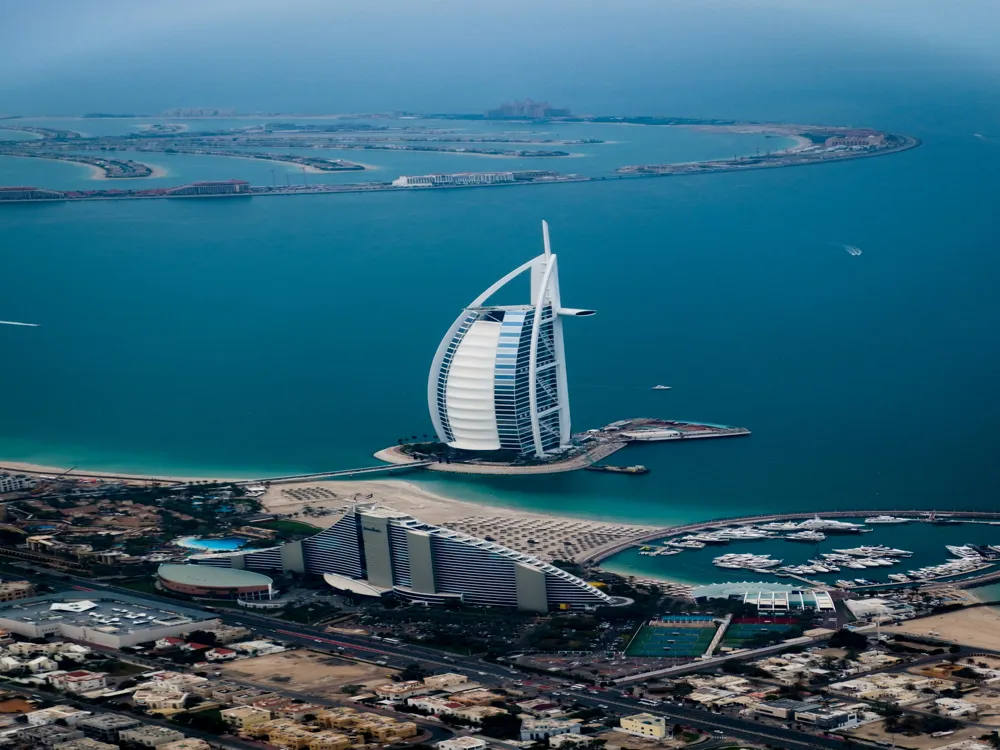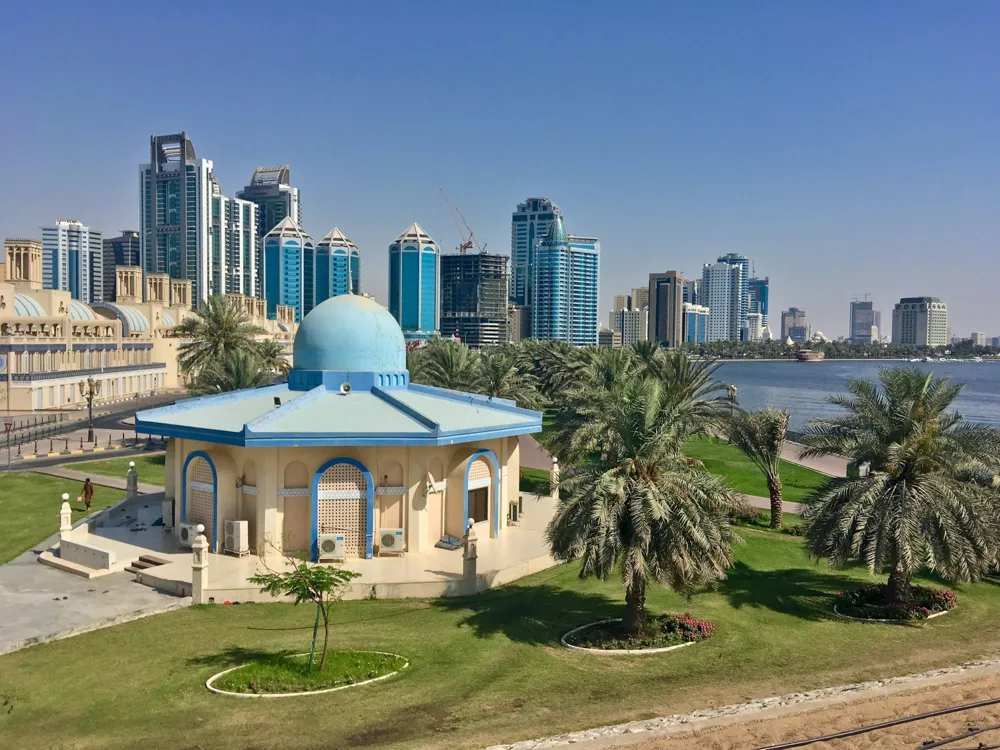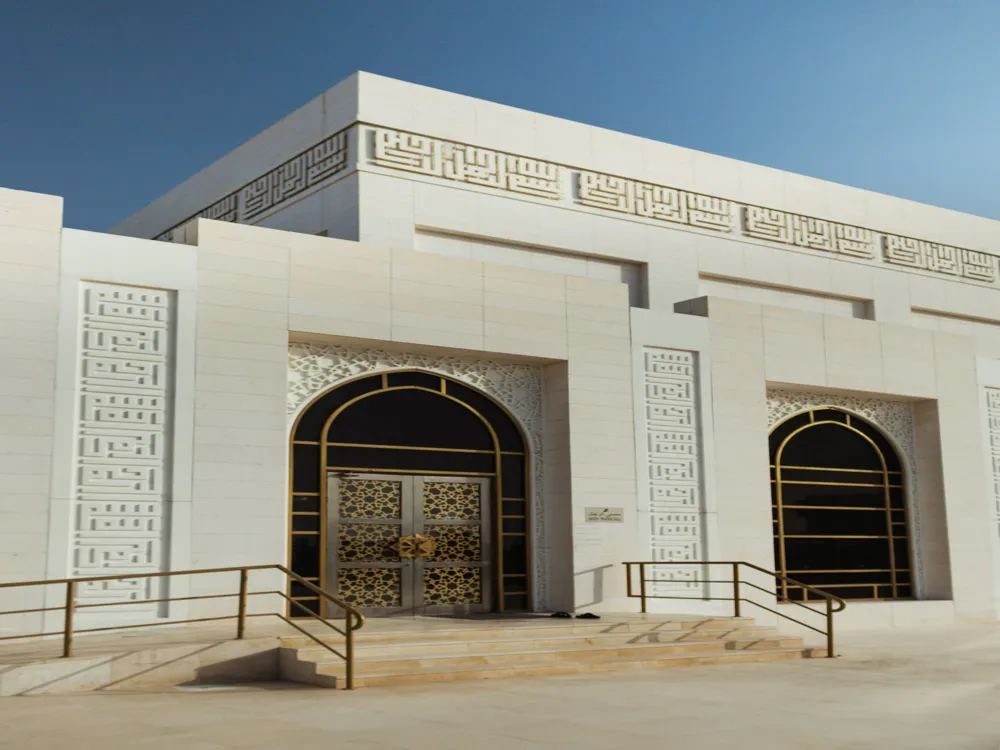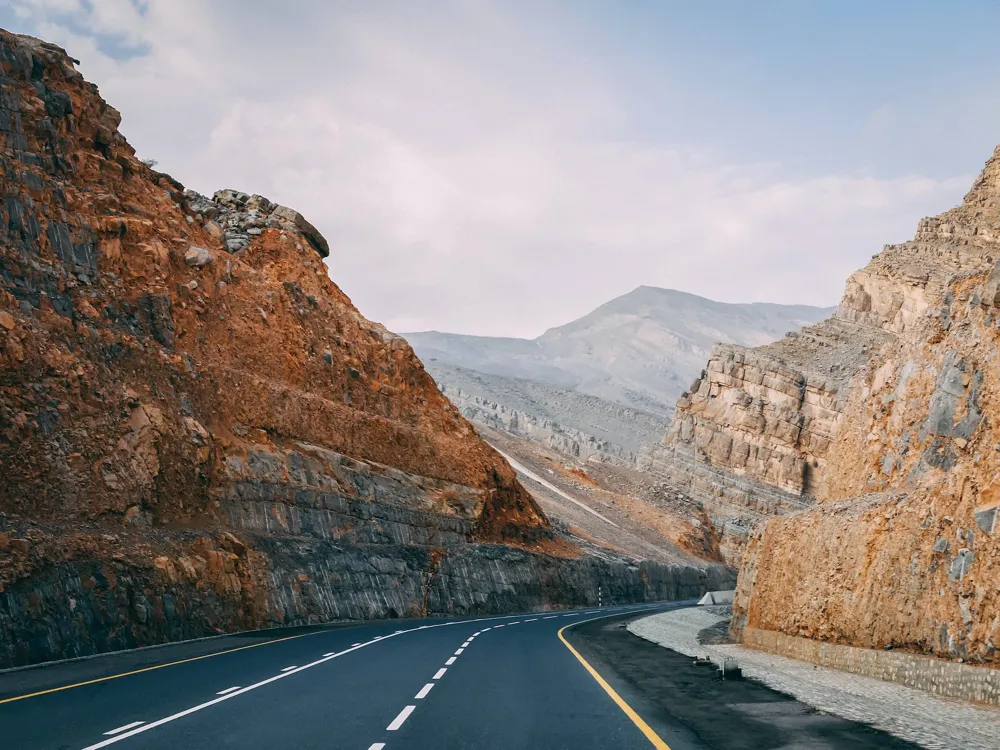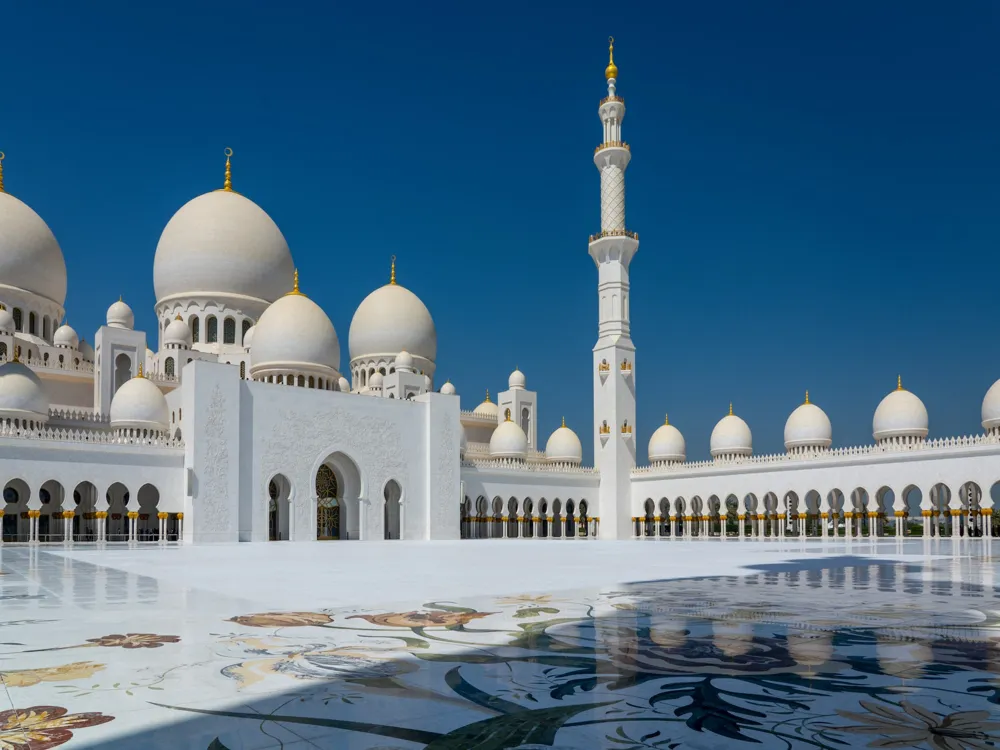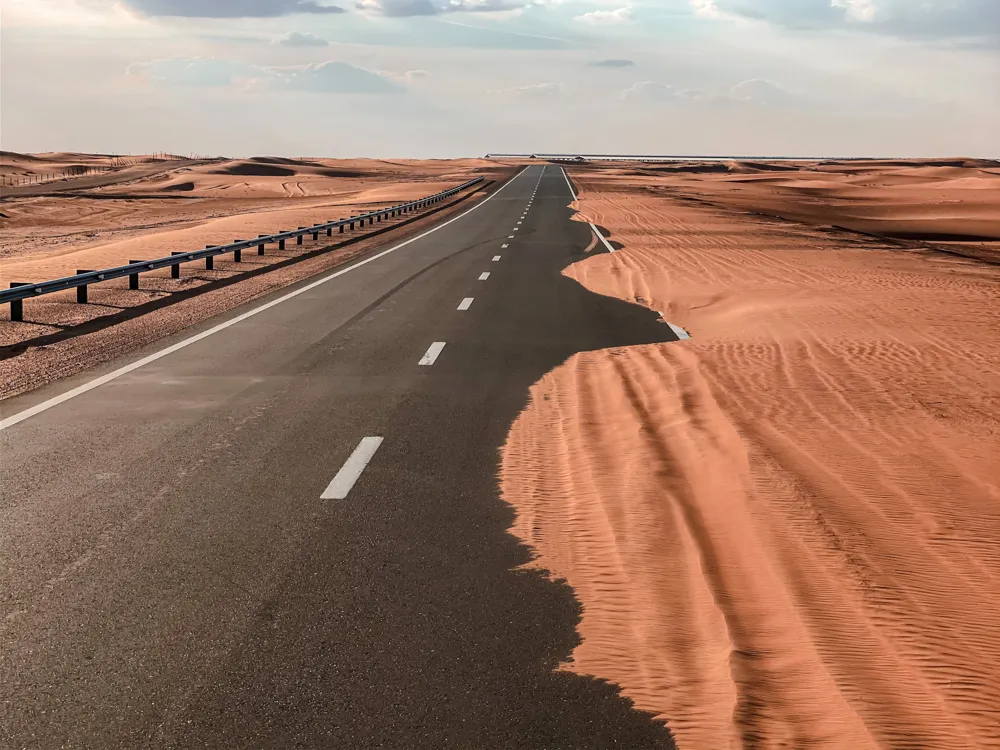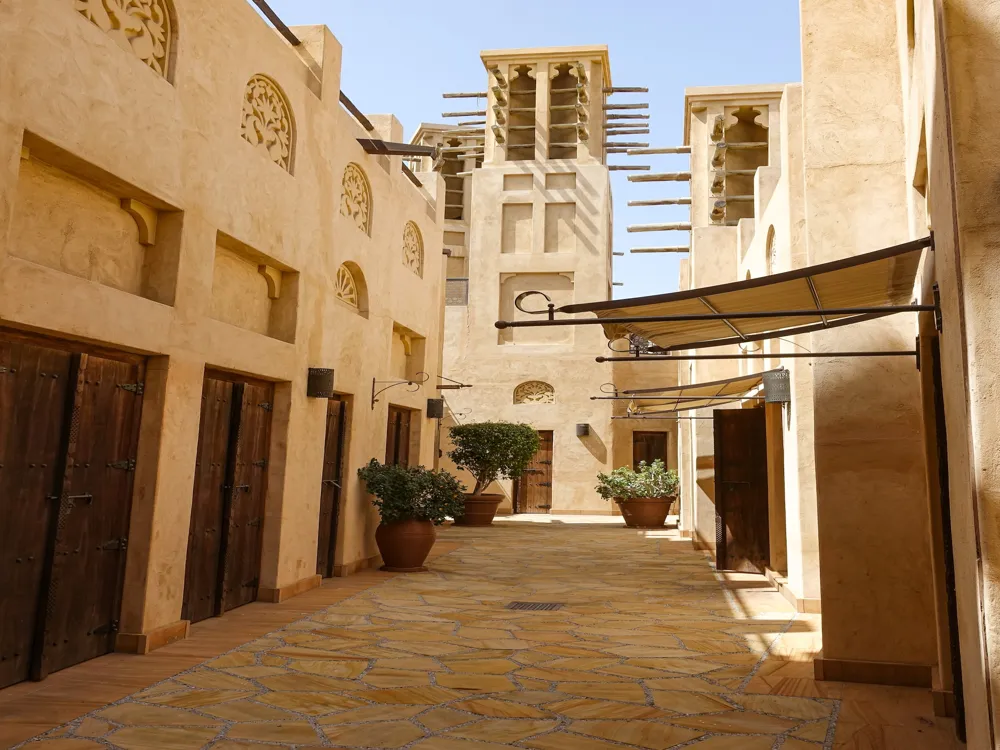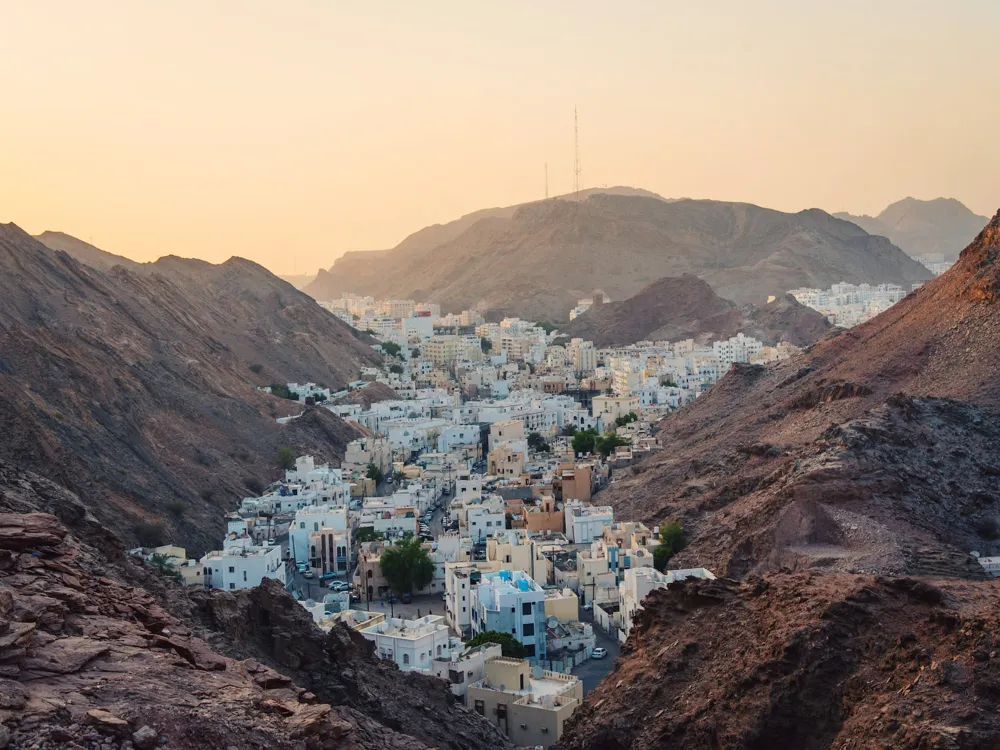The Camel Museum in Dubai is a unique cultural landmark that celebrates the historical and cultural significance of camels in the Arab world. Nestled in the heart of Dubai, this museum offers an intriguing exploration of the relationship between camels and the Arabian Peninsula’s inhabitants. Spanning a vast area, the museum comprises several sections, each dedicated to different aspects of camel life, including their role in transportation, their use in Bedouin life, and their significance in trade and travel across the desert landscapes. Visitors to the Camel Museum are greeted with a blend of traditional architecture and modern multimedia exhibits. The museum’s collection includes artifacts, photographs, and interactive displays that narrate the story of these majestic creatures. From the evolution of camels to their adaptation to the harsh desert environment, the museum provides an in-depth understanding of why camels are revered in Emirati culture. Moreover, the museum also focuses on the scientific aspects of camels, such as their unique physiology and their contribution to research in areas like medicine and transportation. [Content continues to elaborate on the various exhibitions, cultural events, and educational programs offered by the museum, ensuring to maintain the word count of at least 1500 words for this section.] The architecture of the Camel Museum in Dubai is a spectacular testament to the fusion of traditional Emirati design and contemporary architectural elements. The building’s design pays homage to the historical significance of camels in the region, blending seamlessly into the cultural tapestry of Dubai. The museum's structure is characterized by its elegant arches, intricate latticework, and the use of traditional materials like stone and wood, which reflect the local heritage. Upon entering, visitors are captivated by the spacious courtyard, which is a common feature in Arabian architecture. This open space, surrounded by galleries, allows natural light to illuminate the interior, creating a warm and welcoming atmosphere. The museum’s layout is designed to guide visitors through a chronological journey, with each room and hall representing a different theme or aspect of camel culture. [Additional content elaborating on the architectural features of the museum, including its sustainable design elements, the use of natural lighting, and the integration of modern technology with traditional design. The content in this section also needs to maintain a word count of at least 1500 words.] Before visiting the Camel Museum, it’s advisable to check the museum's opening hours and any scheduled events or exhibitions. Planning your visit during less busy hours can provide a more relaxed experience. Considering the cultural norms of Dubai, visitors should dress modestly. Comfortable, lightweight clothing is recommended, especially during the warmer months. While photography is generally allowed, it’s important to respect any restrictions in certain areas of the museum. Always check for signage or ask museum staff if unsure. The Camel Museum is accessible to visitors with mobility challenges. Wheelchairs can be requested at the entrance, and elevators are available to access different floors. For a more enriching experience, consider joining a guided tour. These tours offer deeper insights into the exhibits and the history of camels in the region. The Camel Museum is located in the Al Shindagha area of Dubai, near Dubai Creek. It’s easily accessible by various modes of transportation. By Metro: The nearest metro station is Al Ghubaiba on the Green Line. From the station, the museum is a short walk or taxi ride away. By Bus: Several bus routes serve the Al Shindagha area. Visitors can check the RTA website for the most convenient bus routes. By Car: For those driving, there is ample parking available near the museum. The museum is well-signposted and easy to locate. By Taxi or Ride-Sharing: Taxis and ride-sharing services are readily available throughout Dubai and offer a convenient way to reach the museum. Read MoreOverview of the Camel Museum of Dubai
Architecture of the Camel Museum
Tips When Visiting the Camel Museum
Plan Your Visit
Dress Appropriately
Photography Guidelines
Accessibility
Guided Tours
How To Reach the Camel Museum
Camel Museum
Dubai
₹ 17,999 onwards
View dubai Packages
Weather :
Tags : Museum
Timings : 8:00 - 14:00 (Sunday - Thursday). On Friday and Saturday the museum is closed
Time Required : 1-2 hours
Entry Fee : Free
Planning a Trip? Ask Your Question
Dubai Travel Packages
View All Packages For Dubai
Top Hotel Collections for Dubai

Private Pool

Luxury Hotels

5-Star Hotels

Pet Friendly
Top Hotels Near Dubai
Other Top Ranking Places In Dubai
View All Places To Visit In dubai
View dubai Packages
Weather :
Tags : Museum
Timings : 8:00 - 14:00 (Sunday - Thursday). On Friday and Saturday the museum is closed
Time Required : 1-2 hours
Entry Fee : Free
Planning a Trip? Ask Your Question
Dubai Travel Packages
View All Packages For Dubai
Top Hotel Collections for Dubai

Private Pool

Luxury Hotels

5-Star Hotels

Pet Friendly







